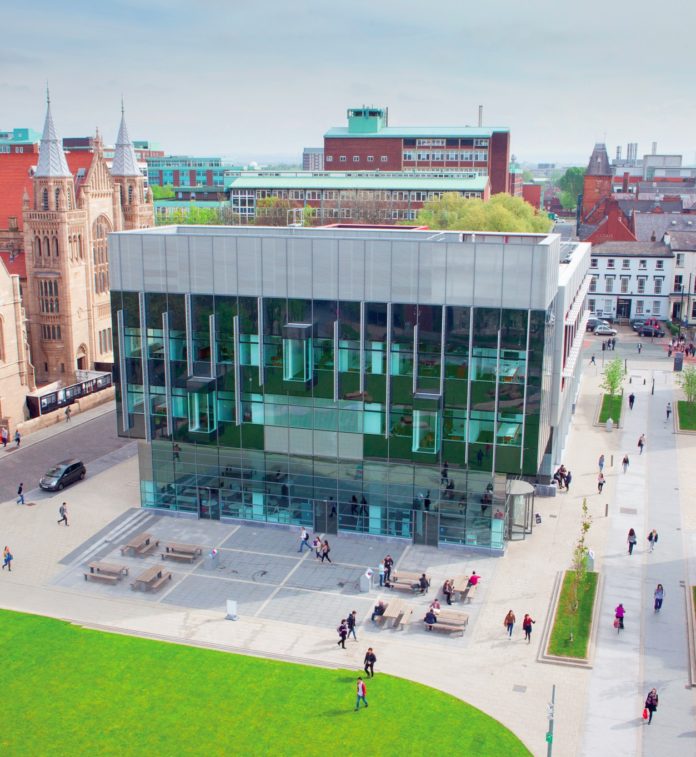Melanie Butler looks at UK University Language Centres
Why choose to study English at the Language Centre of a British University? Simply because, on average, they are excellent, at least if we base our judgement on the British Council inspection reports of the 38 universities they accredit.
Seventy per cent of them are awarded eight areas of strength or more by the inspectors, making them EL Gazette Centres of Excellence. These are all listed in ranked order on this page. In fact, eight is also the mean average score, and the most common score.
Outside of the universities, the mean average language centre score is five, and the most common score is two.
The real strength of the university sector lies in its teaching. An astonishing 83 per cent of universities are awarded a strength in this area compared to just a third of other language centres. The secret is simple: if you offer two to three times the private sector hourly rate, you will attract the best teachers.
“The secret is simple: if you offer two to three times the private sector hourly rate, you will attract the best teachers.”
Learning Resources? Just over 90 per cent of universities have a strength in that area; in Course Design it’s just under 90 per cent. That average drops to fifty per cent when it comes to strength in academic staff profile – but that is still more than double the 20 per cent achieved by non-university centres.
And in case you thought it was only education in which universities excel, 70 per cent also have a strength in leisure opportunities.
It is not that all university language centres are brilliant. Currently, two centres have their accreditation under review, in part because of weaknesses in their care of under 18s. Nor is it the best performing sector in UK ELT: boarding schools have a slightly higher average score.
Even in the adult market, universities don’t have it all their own way. No university has yet made it into the elite group of just seven organisations which have achieved a perfect score on inspection. This group includes six long-established, academically-orientated private language schools for adults.
But if you had to choose an adult language course at random, your safest bet would be to opt for the one in a university.
University Centre Ranking
- Manchester*
- Liverpool
- Edge Hill, Brighton*
- King’s College London
- Leicester*
- Aberystwyth, Brunel, Leeds Beckett
- Manchester Metropolitan, Nottingham Trent, Chichester*
- Sheffield Hallam, Teesside, University of the Arts London
- Northumbria, Greenwich*
- Swansea, Bradford, Leeds, Nottingham, Sheffield
Based on areas of strength awarded by the British Council Inspectors.
*Centre does not enrol under 18s and is inspected in 14 rather than 15 areas.
How to calculate rankings
- Go to https://www.britishcouncil.org/ education/accreditation/centres and find the report for the university language centre you are looking for. Remember, reports are arranged by the first letter of the name, so Brunel University comes under the letter B, but the University of Birmingham appears under U.
- On the first page of each report you will find the publishable statement. This lists all the areas of strength and also any needs for improvement.
- To calculate the score, add up all the areas of strength and subtract the total number of needs for improvement to get the raw score.
- Check the summary statement again to see if the university admits students aged under 18. If so, it is inspected under 15 areas, so divide the raw score by 15. If it only enrols at 18+, it is only inspected under 14 areas, so divide the raw score by 14.
- If the accreditation of the centre is under review you will see the statement: “The summary statement has been withdrawn and should not be used.” The Gazette does not use the data in the rest of the report to calculate its rankings, but there is nothing to stop you reading it.





